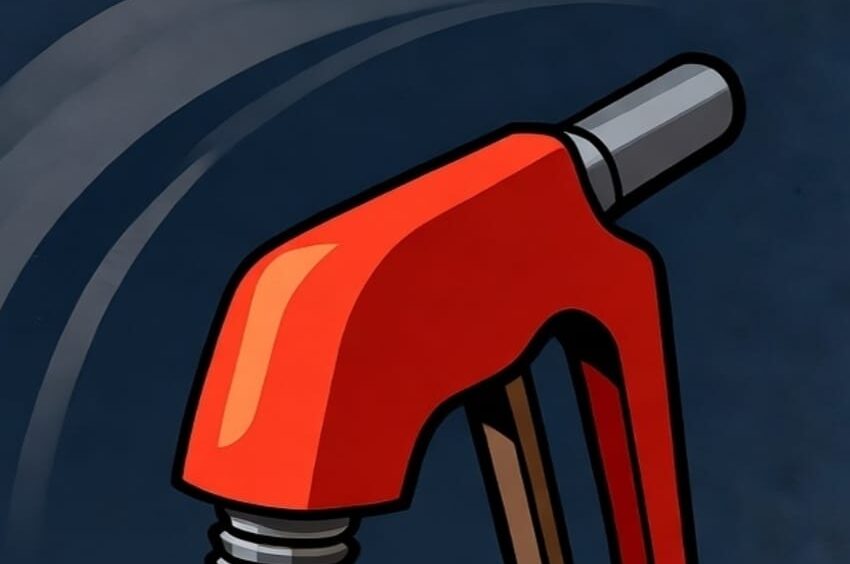IUCN Declares Fossil Fuels A Threat To Nature, Urges Global Phase-out

In a landmark move ahead of COP30, the world’s top conservation body links fossil fuel extraction to biodiversity loss, aligning climate and nature agendas for the first time
The International Union for Conservation of Nature (IUCN) has, for the first time, formally identified fossil fuel production as a direct threat to nature, signalling a decisive shift in international environmental policy ahead of COP30 in Belém, Brazil.
At its World Conservation Congress held on 16 October, the IUCN adopted Motion 042, a landmark decision that links the extraction of coal, oil and gas to biodiversity loss and calls on governments to tackle the root causes of the twin climate and ecological crises. The motion urges states to phase out fossil fuels, halt new extraction projects and ensure a just transition for affected workers and communities.
The resolution also recommends exploring new international mechanisms, including a potential Fossil Fuel Non-Proliferation Treaty, to address what the IUCN described as a major gap in global governance over fossil fuel supply. Its adoption marks the first time a multilateral conservation body has taken a position aligning biodiversity protection with fossil fuel phase-out.
Motion 042 was tabled by the Worldwide Fund for Nature (WWF) and supported by several civil society and Indigenous organisations such as BirdLife International, the Coordinadora de la Organizaciones Indígenas de la Cuenca Amazónica (COICA) and the Natural Resources Defense Council (NRDC). Together, they pressed for conservation policies that act at the source of ecological degradation rather than merely addressing its consequences.
The motion follows other significant decisions made during the Congress, including Motion 038, which calls for the implementation of the Paris Agreement’s goals through an equitable transition away from fossil fuels, and Motion 141, which endorsed the International Court of Justice’s advisory opinion affirming states’ obligations to prevent climate harm.
By directly addressing fossil fuels as a structural driver of both global warming and biodiversity loss, the IUCN has aligned the climate and nature agendas more closely than ever before. The move underscores the growing recognition among international institutions that the expansion of fossil fuel production undermines conservation objectives, community livelihoods and ecological stability.
The outcome represents a convergence of scientific consensus and political resolve within the conservation movement. It positions the IUCN at the forefront of efforts to integrate energy policy with biodiversity protection, creating new momentum for supply-side measures ahead of the next round of global climate negotiations.
Observers say the decision could influence discussions at COP30 by reframing fossil fuel phase-out as not only a climate requirement but also an essential step towards protecting ecosystems. Environmental groups have described the development as a critical step in closing the gap between conservation and climate policy, elevating the IUCN’s role in guiding international action on both fronts.
With this resolution, the IUCN has placed the phase-out of fossil fuels firmly within the framework of nature conservation, setting a new benchmark for global environmental governance and reinforcing the message that protecting biodiversity depends on ending dependence on coal, oil and gas.


































































































































































































































































































































































































































































































































































































































































































































































































































































































































































































































































































































